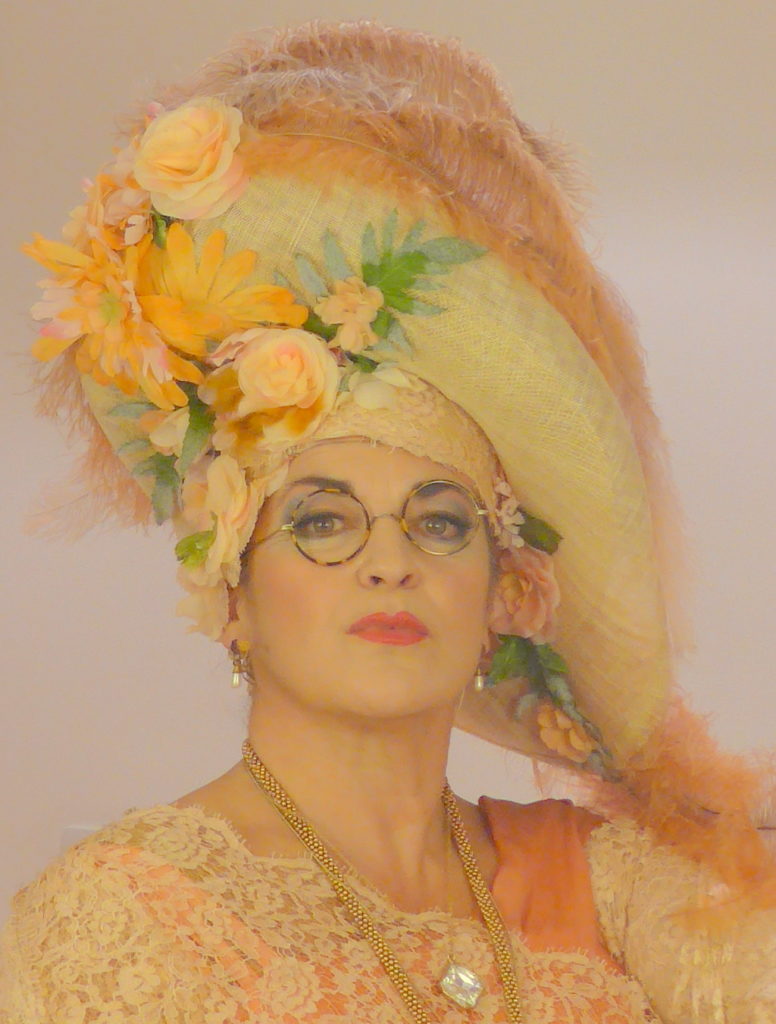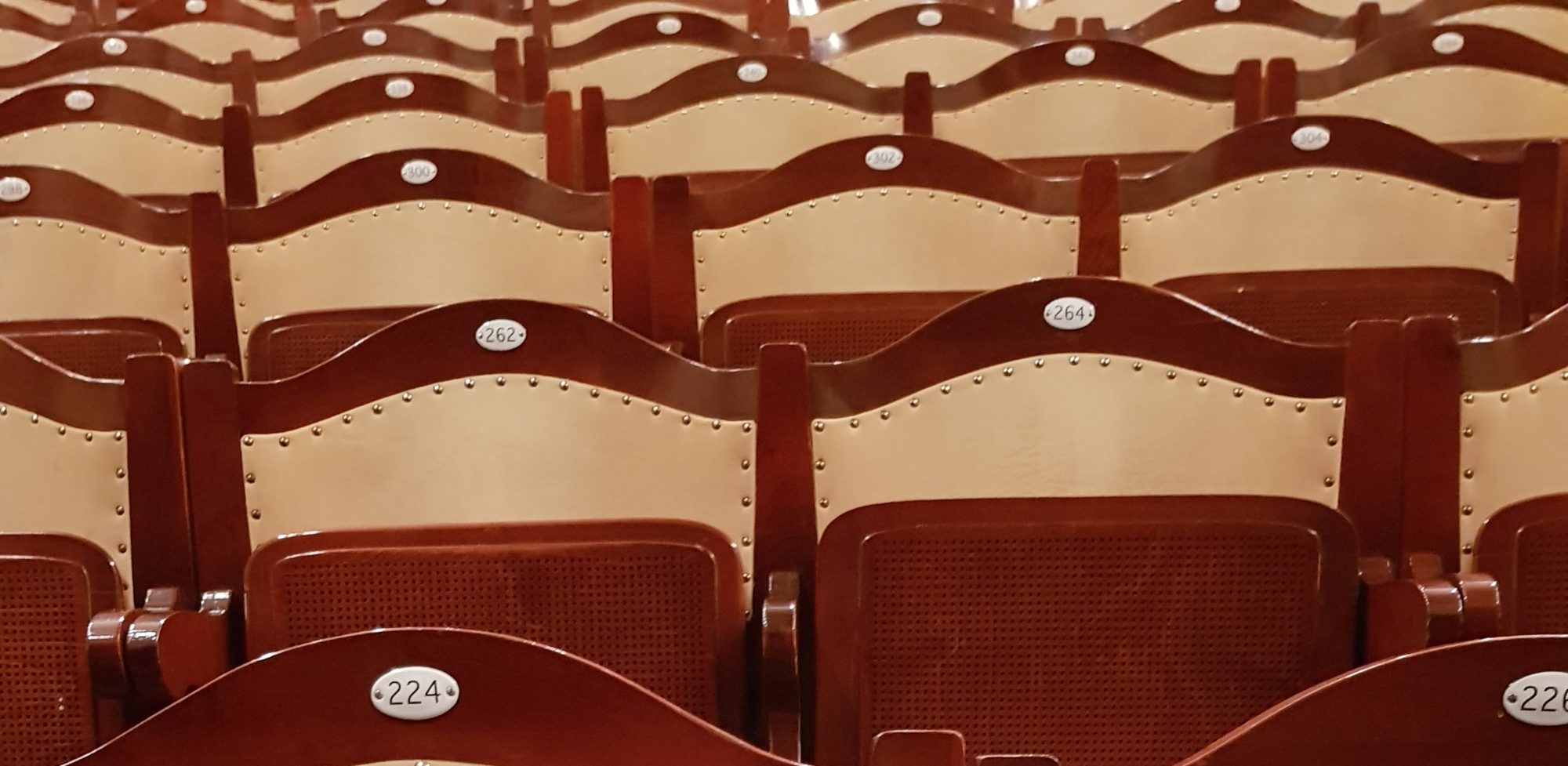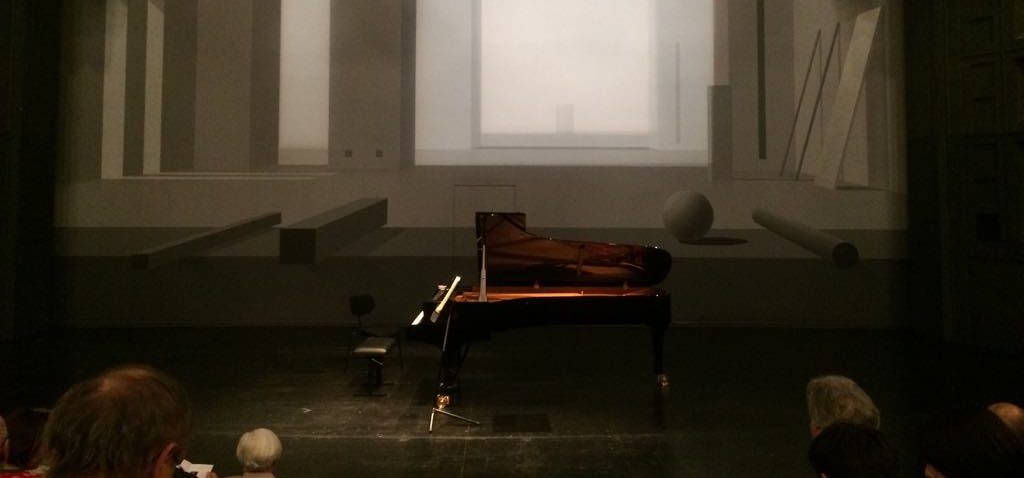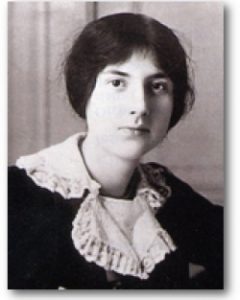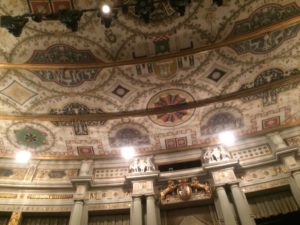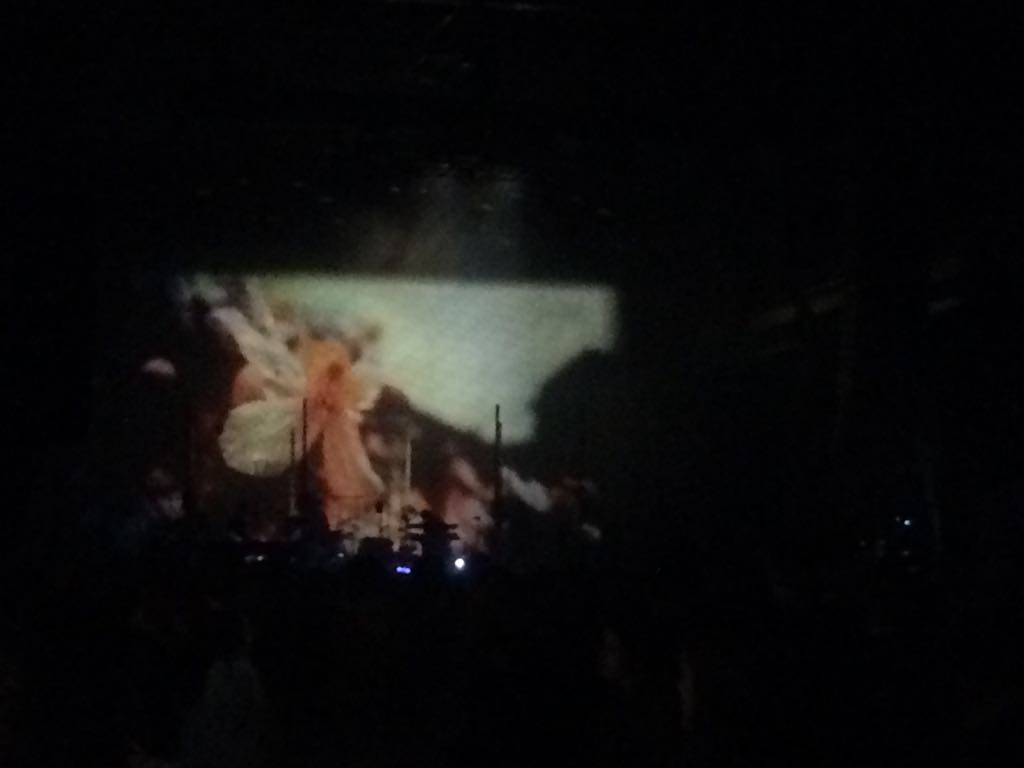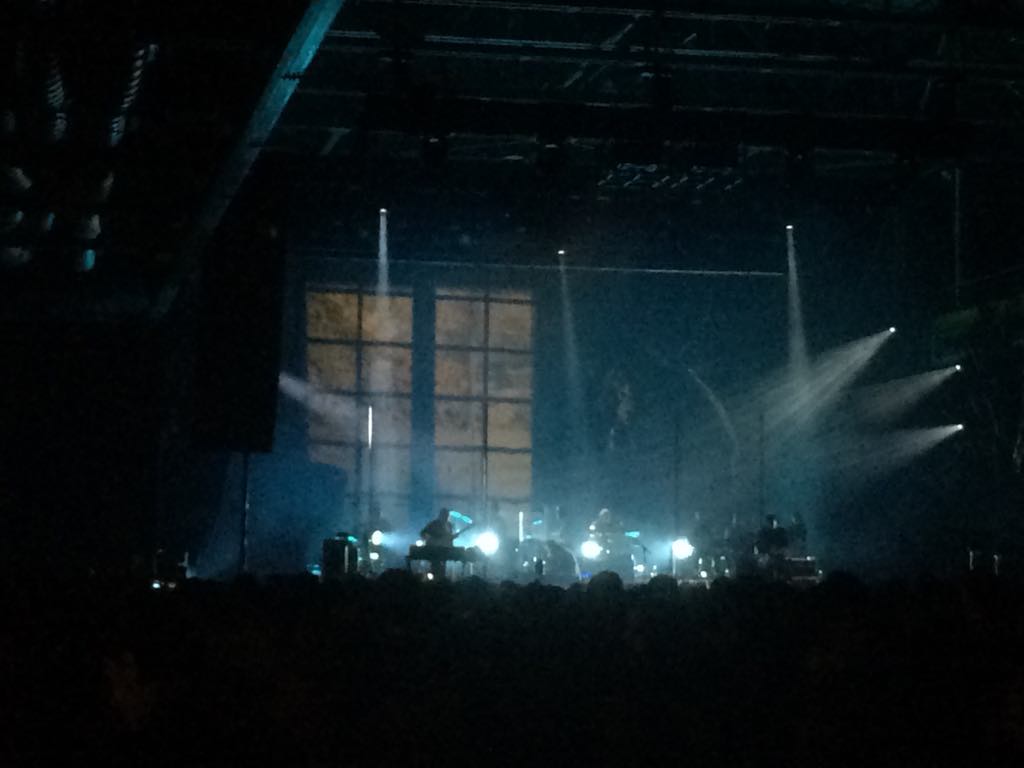I’m currently in the final throes of rehearsals for a revival of “My Fair Lady” for Oper Köln, and it’s got me thinking a lot about energy. Since it’s impossible to measure, there are a lot of people out there who don’t believe it’s a real thing; anyone who has ever been on stage and experienced what a huge difference it makes when an audience is really engaged, or who’s been to one of those performances where you end up with goosebumps, feeling that you’re wholly connected to every single person there, on stage and off, will know that it really does exist.
Even if we can’t name it properly or put our fingers on it, it’s hugely important, and influenced by many aspects; the relationship between the performers, the bond between the orchestra and the conductor, the weather, to name but a few. Some you can influence, others not.
Rehearsals are a great chance to work on the bits you can actually do something about. We start from an interesting place in this production, as many of us have taken part in it in previous incarnations. It started as a production sung and spoken in German, and our Mrs. Pearce was in that production, along with many members of the chorus and orchestra, as well as a lot of the backstage staff. The production was then taken over to Muscat, but the Omanis weren’t keen on it being in German, so most of the soloists were replaced with native English speakers. That’s where I came in, as Mrs. Higgins, along with our Eliza and Professor Higgins. It was then revived here in Cologne a couple of years ago, and now here we are again, this time with a new Colonel Pickering and Alfred P. Doolittle.

Feeling the energy between the performers change with the cast changes has been fascinating. You instinctively react differently to a new cast member, who is giving their own interpretation of the role, even when you’re constrained by it being a revival, and therefore they have to stick to the “way it was done before”. Speaking of which, the original German version was full of details which our Muscat cast rebelled at as being unspeakable for English high society at the time. I thought I was going to be sacked fifteen minutes into my first rehearsal, as they said that Mrs. Higgins came out of her house and fell into the gutter, drunk. I flat-out refused, saying no lady in that era would ever do such a thing; luckily, I was joined in my strike by the fabulous Colonel Pickering, and then by other soloists. We fought like tigers to get rid of such vulgarities and reintroduce a bit of charm, and I have to say that (mostly), we won. We’d all liked each other from the start, and that shared experience forged us into a very close-knit group, which I think is something which boosts the energy overall. Everyone I have interacted with since getting here has said how delighted they are that “My Fair Lady” is back, from the costume department to prompter to the extras. We have even been able to relax and hone our respective roles (within limits) during rehearsals; it’s been great fun and very instructive.
We have a new conductor for this revival, too, which is engendering yet another layer of changed energy. Both the energy between the conductor and the singers, and the relationship between the conductor and the orchestra, make a huge difference to a piece. Put it this way; the members of the orchestra are apparently competing between themselves for the fun of playing in it!

Those are the bits you can play around with in the rehearsal period, to a point. A couple of other aspects can play with the energy balance fundamentally, though, and those are the environment, and the audience.
Out in Muscat, we were in their state-of-the-art (and utterly gorgeous) opera house; back in Cologne, we’re in the Staatenhaus. This is an extremely odd space in which to perform, being pretty much totally unsuited to performances on stage and with an orchestra (let’s just gloss over the problems the city is having renovating its opera house). They were learning how to minimise technical challenges last time, and this time is better, but it’s interesting to note the difference a venue can make (we flew out to Oman with *everything* – set, costumes and technicians, so can assess on that individual variable).
And the audience? Well, that’s something that can never be predicted! It varies, of course, from one performance to another, so even if all else is equal, some nights will dance and some drag. We live for the nights where they take wing and sail off into greatness, but can never predict when that will happen. All we can do is allow them to be possible; the rest is up to fate. We’ve done our best in rehearsals; if you are able to get to Cologne and would like to be part of the audience, adding your particular energy to the mix, please do come along and see this production (details of dates and tickets here). I could be biased here, but I think it’s going to be FABULOUS!
